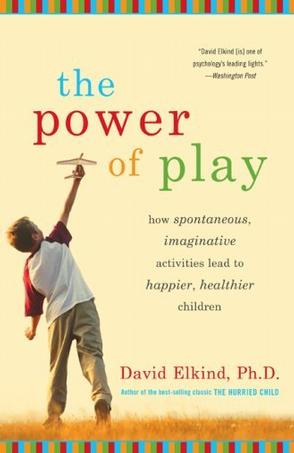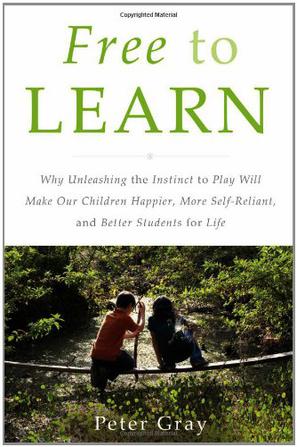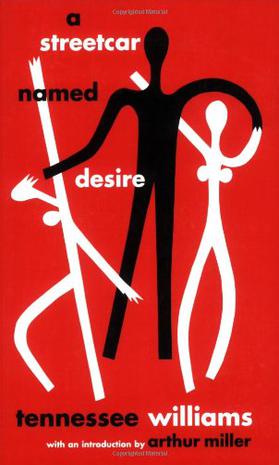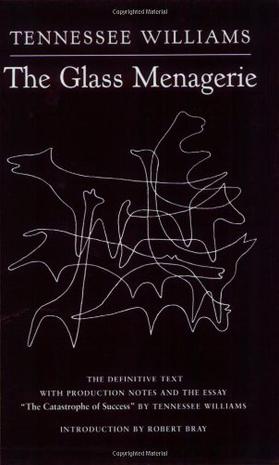-

Power of Play
Best-selling author and distinguished professor, David Elkind provides parents with an understanding of and appreciation for the powerful role of "play" in healthy emotional and academic development In modern childhood, free, unstructured play time is being replaced more and more by academics, lessons, competitive sports, and passive, electronic entertainment. While parents may worry that their children will be at a disadvantage if they are not engaged in constant, explicit learning or using the latest "educational" games, David Elkind's The Power of Play reassures us that unscheduled imaginative play goes far in preparing children for academic and social success. Through expert analysis of the research and powerful situational examples, Elkind shows that, indeed, creative spontaneous activity best sets the stage for academic learning in the first place: Children learn mutual respect and cooperation through role-playing and the negotiation of rules, which in turn prepare them for successful classroom learning; in simply playing with rocks, for example, a child could discover properties of counting and shapes that are the underpinnings of math; even a toddler's babbling is a necessary precursor to the acquisition of language. An important contribution to the literature about how children learn, The Power of Play suggests ways to restore play's respected place in children's lives, at home, at school, and in the larger community. In defense of unstructured "down time," it encourages parents to trust their instincts and resist the promise of the wide and dubious array of educational products on the market geared to youngsters. -

Free to Learn
What is it with kids these days? They can't sit still - but obesity is on the rise. Their days are filled with activity - but more often than not, they're bored and restless. Childhood should be a time of unbridled joy, play, and learning. Instead, we have pushed our children into an abnormal environment, where they are expected to spend the greater part of their day under adult direction, sitting at desks and taking tests. We call this imprisonment schooling. What free time they have we fill with supervised instruction: team sports, tutoring, homework. As a result, we are heading toward an unprecedented crisis, with skyrocketing rates of childhood anxiety, depression, and suicide. As developmental psychologist Peter Gray explains, children come into this world burning to learn, but the enduring lesson of school is that learning is work, to be avoided when possible. In "Free to Learn", Gray shows that we can reverse the harmful effects of modern schooling and promote learning, self-reliance, and curiosity in our kids by returning to our hunter-gatherer roots. School is an artificial construct, a relatively recent invention in our evolutionary history which arose with the development of agriculture. But as Gray points out, children's minds and their natural instincts to learn were shaped when humans were living as hunter-gatherers. In hunter-gatherer societies children were left to play freely - and over time they absorbed the practical skills they needed to survive by watching their elders, and developed social skills by having to negotiate with other children while playing. The counter-cultural movement known as "unschooling" is growing as more and more parents and teachers are coming to realize that anxiety and competition in the classroom inhibit learning; rather, self-chosen and self-directed play are what engage the mind as effective learning tools. As Gray argues, education and learning should call upon the core aspects of our human nature - curiosity, playfulness, and sociability - instead of inhibiting them. A brave, counterintuitive proposal for freeing our children from the shackles of the curiosity-killing institution we call school, "Free to Learn" shows that it's time to stop asking what's wrong with our children, and start asking what's wrong with the system. -

A Streetcar Named Desire
The Pulitzer Prize and Drama Critics Circle Award winning play—reissued with an introduction by Arthur Miller ( Death of a Salesman and The Crucible ), and Williams' essay "The World I Live In." It is a very short list of 20th-century American plays that continue to have the same power and impact as when they first appeared—57 years after its Broadway premiere, Tennessee Williams' A Streetcar Named Desire is one of those plays. The story famously recounts how the faded and promiscuous Blanche DuBois is pushed over the edge by her sexy and brutal brother-in-law, Stanley Kowalski. Streetcar launched the careers of Marlon Brando, Jessica Tandy, Kim Hunter and Karl Malden, and solidified the position of Tennessee Williams as one of the most important young playwrights of his generation, as well as that of Elia Kazan as the greatest American stage director of the '40s and '50s. Who better than America's elder statesman of the theater, Williams' contemporary Arthur Miller, to write as a witness to the lightning that struck American culture in the form of A Streetcar Named Desire ? Miller's rich perspective on Williams' singular style of poetic dialogue, sensitive characters, and dramatic violence makes this a unique and valuable new edition of A Streetcar Named Desire . This definitive new edition will also include Williams' essay "The World I Live In," and a brief chronology of the author's life. -

The Glass Menagerie
No play in the modern theatre has so captured the imagination and heart of the American public as Tennessee Williams's The Glass Menagerie. Menagerie was Williams's first popular success and launched the brilliant, if somewhat controversial, career of our pre-eminent lyric playwright. Since its premiere in Chicago in 1944, with the legendary Laurette Taylor in the role of Amanda, the play has been the bravura piece for great actresses from Jessica Tandy to Joanne Woodward, and is studied and performed in classrooms and theatres around the world. The Glass Menagerie (in the reading text the author preferred) is now available only in its New Directions Paperbook edition. A new introduction by prominent Williams scholar Robert Bray, editor of The Tennessee Williams Annual Review, reappraises the play more than half a century after it won the New York Drama Critics Circle Award: "More than fifty years after telling his story of a family whose lives form a triangle of quiet desperation, Williams's mellifluous voice still resonates deeply and universally." This edition of The Glass Menagerie also includes Williams's essay on the impact of sudden fame on a struggling writer, "The Catastrophe of Success," as well as a short section of Williams's own "Production Notes." The cover features the classic line drawing by Alvin Lustig, originally done for the 1949 New Directions edition.